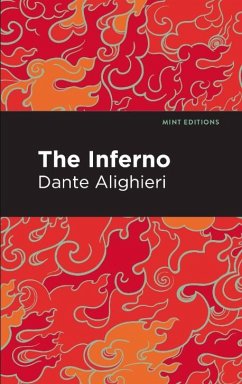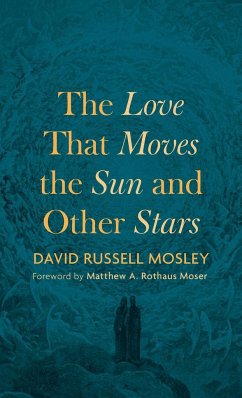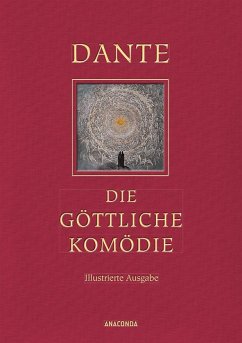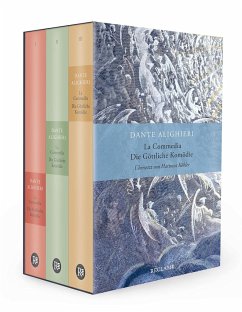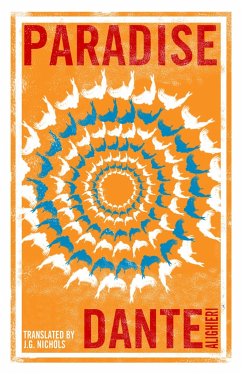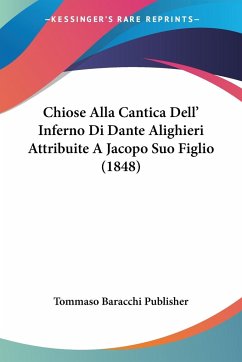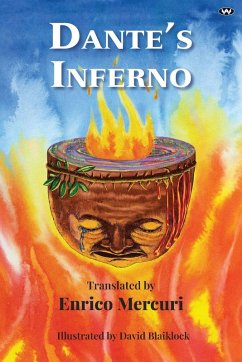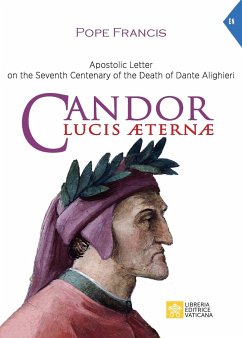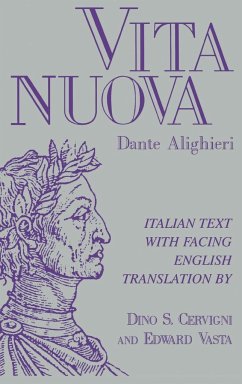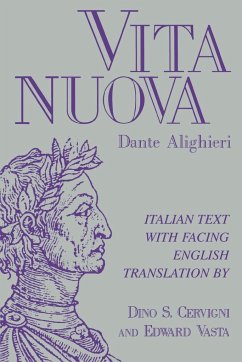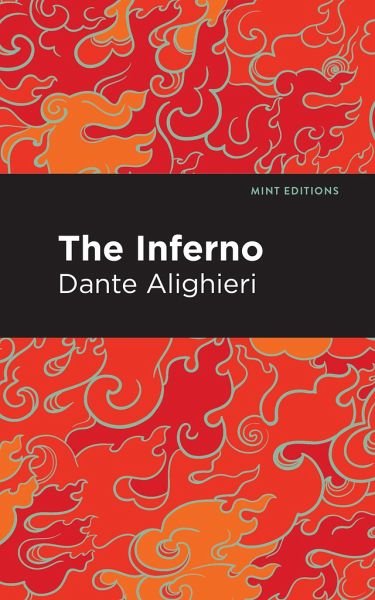
The Inferno
Versandkostenfrei!
Versandfertig in 1-2 Wochen
13,99 €
inkl. MwSt.

PAYBACK Punkte
7 °P sammeln!
Hailed as one of the greatest works of literature ever written, The Divine Comedy is a highly influential poem that has dazzled readers for over five centuries, with its' first book, The Inferno, being one of the most recognizable pieces of fiction ever published. Revisit Dante's journey through the nine circles of Satan's domain in a prose translation for the ages.



